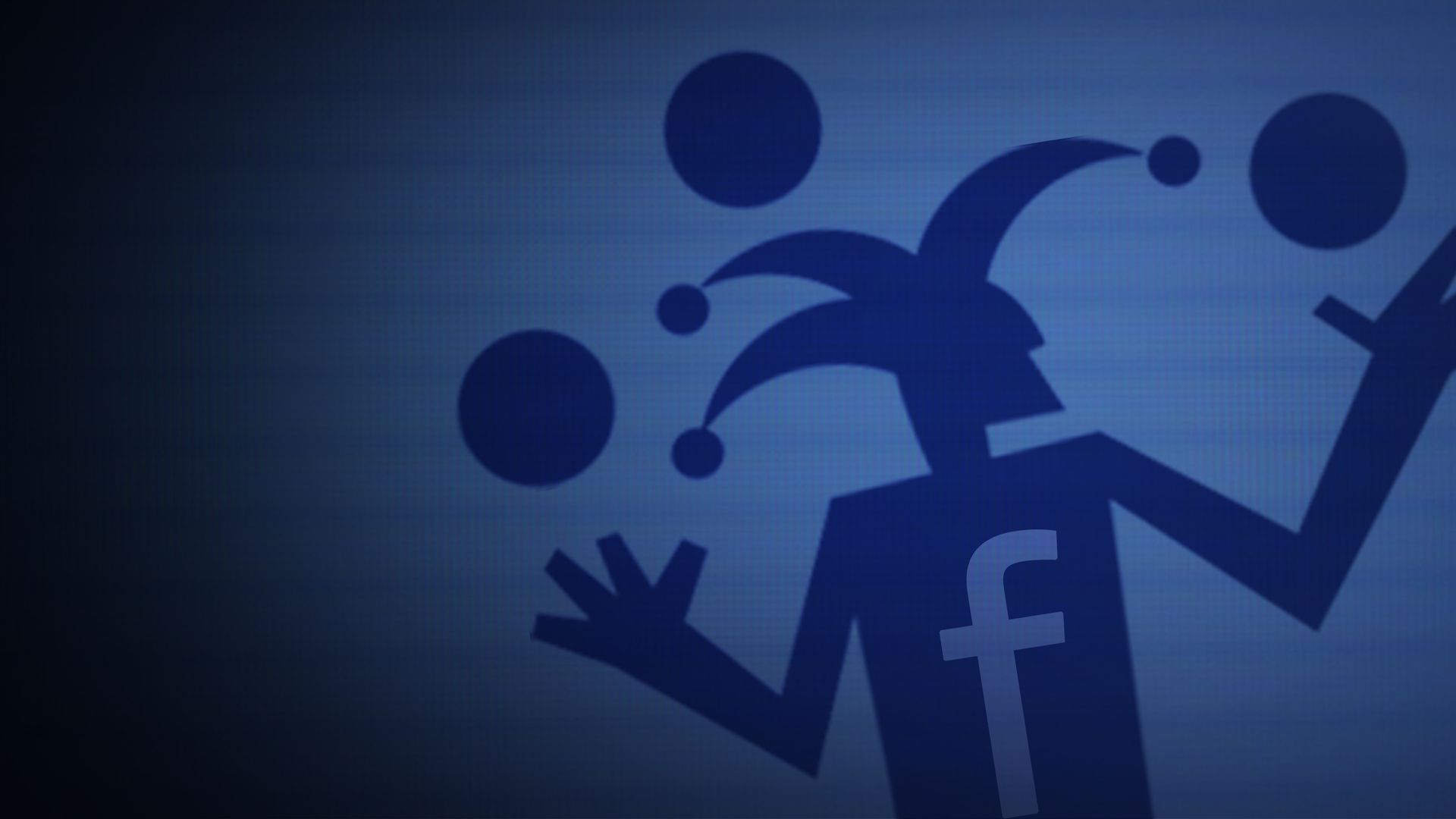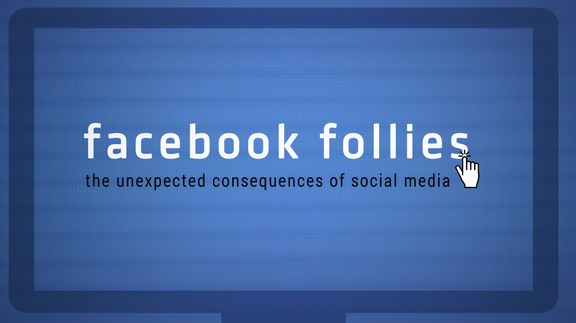

Facebook Follies: The Unexpected Consequences of the Social Media
For many, social media has become an addiction, an outlet for our most intimate relationships, thoughts, pastimes, and memories. It represents a paradigm shift in communications as significant as the printing press, the telegraph, or the television. Inevitably, mishaps, embarrassment and trouble accompany this shift. What are the consequences of publicly sharing our most personal information?
For many, social media has become an addiction, an outlet for our most intimate relationships, thoughts, pastimes, and memories. It represents a paradigm shift in communications as significant as the printing press, the telegraph, or the television. Inevitably, mishaps, embarrassment and trouble accompany this shift. What are the consequences of publicly sharing our most personal information?
Related Articles
View AllAlgorithms of Our Discontent: The Risks and Benefits of Social Media
The negative consequences of social media range from shortened attention spans to poor self-esteem. But it may also be possible to use social media for good, starting by taking…
Romance Scams from de Bergerac to 'Catfishing'
Once an odd contrivance in the French play, Cyrano de Bergerac, “catfishing” has become an inescapable part of online dating. Today’s scammers assume the role of larger-than-life…
2 Decades On, Facebook’s Users Are Aging along with the Platform
Once the exclusive domain of college students, Facebook now has billions of users worldwide. But, as younger people flock to newer social media, FB’s demographics are skewing…
Social Media Demographics: Who's Where?
Social media have become the go-to means for individuals and groups to organize and connect in the 21st century. So, what is known about who is using which platforms to document…
Watch Me! Social Media, Influencers, and You (Watching Me)
We want to be in the public eye; we all want to be heard. We’ve gone from shock-talk shows like “Jerry Springer” to dating shows like “The Bachelor.” Now we’ve added social media.…
5 Steps to a New Emoji
Have an idea for a new, unprecedented emoji? The process of adding an emoji to the Unicode Standard involves conceptualization, proposal submission, review, and final approval. If…
The Remarkable Evolution of the Emoji: From Origins to Ubiquity
In 25 years, emojis have grown from 176 characters to about 4,000, reflecting the demand for more diverse and expressive symbols in digital communication. The future of these…
Inside the Hacker’s Mind: Sociopaths, Psychopaths, and Technology
Nerds may be introspective but that doesn’t mean they won’t make daring thieves. Black hat hackers use their computer knowledge to steal credit card numbers. Surprisingly they…
Nazi Data Science: The Dark History that Led to Modern Data Laws
Nazi data scientists provided Hitler statistics about the “undesirables” in the German Volk. For the Reich, mass murder became a big data problem solved with the help of the then…
World Wide Brain: H.G. Wells and Google’s Most Ambitious Failure
Inspired by H. G. Wells’ World Brain concept, Google once tried to consolidate all the books in the world into one database. It failed—but what can it teach about the Internet and…
Status Update: How Zuckerberg’s Algorithm Determines What You See on Facebook
With 2.8 billion users, Facebook is a fact of life. Have you ever wondered exactly how it determines what information appears on your News Feed? The answer lies with algorithms ……
Tangled in the Web: Cyberbullying and Its Effects on Kids
Effects of cyberbullying are pernicious, serious, and long-lasting. Half of all teens with Internet access report to researchers that they’ve been cyberbullied, but 90 percent of…
The Psychology of Propaganda: War Tool Turned Marketing Tactic
“Propaganda” and “war” generally go hand in hand. After World War I, however, propaganda became a marketing tool no longer reserved for posters of the enemy and national spirit.…
Hawking to Humanity: We Must Venture Into Space, Or Else!
No less a thinker than the late Stephen Hawking sought to warn us that our time is running out on planet Earth. Humankind’s continued existence requires us to prepare for mass…
World War III Flashpoint: Cyberspace
The world wars of the 20th century were fought by soldiers, sailors, and airmen in clashes of steel across defined geographical battlefields. World War III, however, could well…
The Darker Side of Shopping: What Is the Black Market (and What Strange Things Are for Sale)?
The Black Market is known as the go-to spot for all things illegal and dark. In some cases, though, downright unusual goods end up joining the stock. See what else is lurking in…
Copyright in the Digital Age: 4 Eye-Opening Cases
In our digital age, artwork and other creative content can travel rapidly from author to user. But sometimes those users exploit digital content in ways unauthorized by copyright…